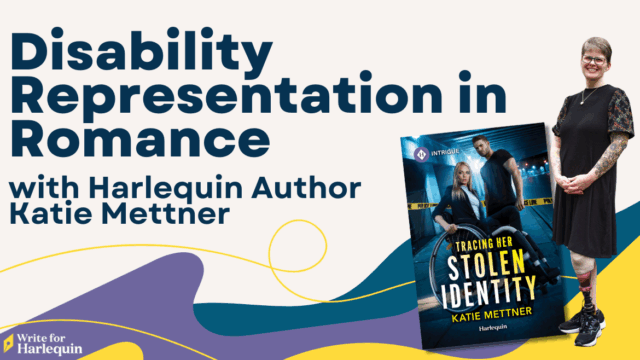Here’s another great insight from the UK’s “New Voices” competition a few years ago.
Characters Behaving Badly…
Acting out of character for the sake of the plot is a no-no. If your characters start bending every which way just to reach your desired conclusion then you are writing puppets, not people. Individual motivations and reactions are key – if these are not believable then your story won’t work. Remember how annoying it is when your favourite characters start acting crazy?
Just remember, never EVER let the plot get in the way of the romance – change the plot, not your characters!
Next let’s deal with the back stage/front stage struggle…
When To Show, and When To Tell?
Events that should be front stage are anything that moves on the romance or creates conflict and has its basis in emotion. Anything else is window dressing – watch that it doesn’t start blocking the view.
Ah hah! I hear you say – what about back story? The thing is, the most powerful back story is the one the reader sees through your characters’ reactions. Ask yourself how your characters’ story can be brought in through dialogue or their natural responses to situations and woven in to the story. If you are portraying your characters with enough sensitivity, subtlety and detail, we should get a sense of their back story before knowing any of the details.
How To Grab Them at Goodbye!
Plot devices have no place in your final crisis. Think about the most powerful endings you’ve seen or read – they’re all about the emotional turmoil, not the action. In Bridges of Madison County there’s actually negative action in that final moment – Meryl Streep doesn’t get out the car! If you find yourself inserting a plot complication, involving a secondary character or an elementary misunderstanding, ask yourself – does your story need it? Can it be an emotionally black moment without the physical drama?
So folks, there we have them. The Pitfalls of Plotting. Whether putting pen to paper or finger to keyboard, keep in mind these all-important points:
- Choose your set-up carefully
- Make sure your characters are driving the plot
- The reader is interested in reaction not action
- Know what plot needs to be on the page
- Your reader will go with any plot if they believe in your characters
- The characters are going on a journey – think of the plot as the road not the destination!
Still perfect advice, isn’t it? Find more writing tips and insights by following the various editors on Twitter or on the Harlequin Community Forums!




